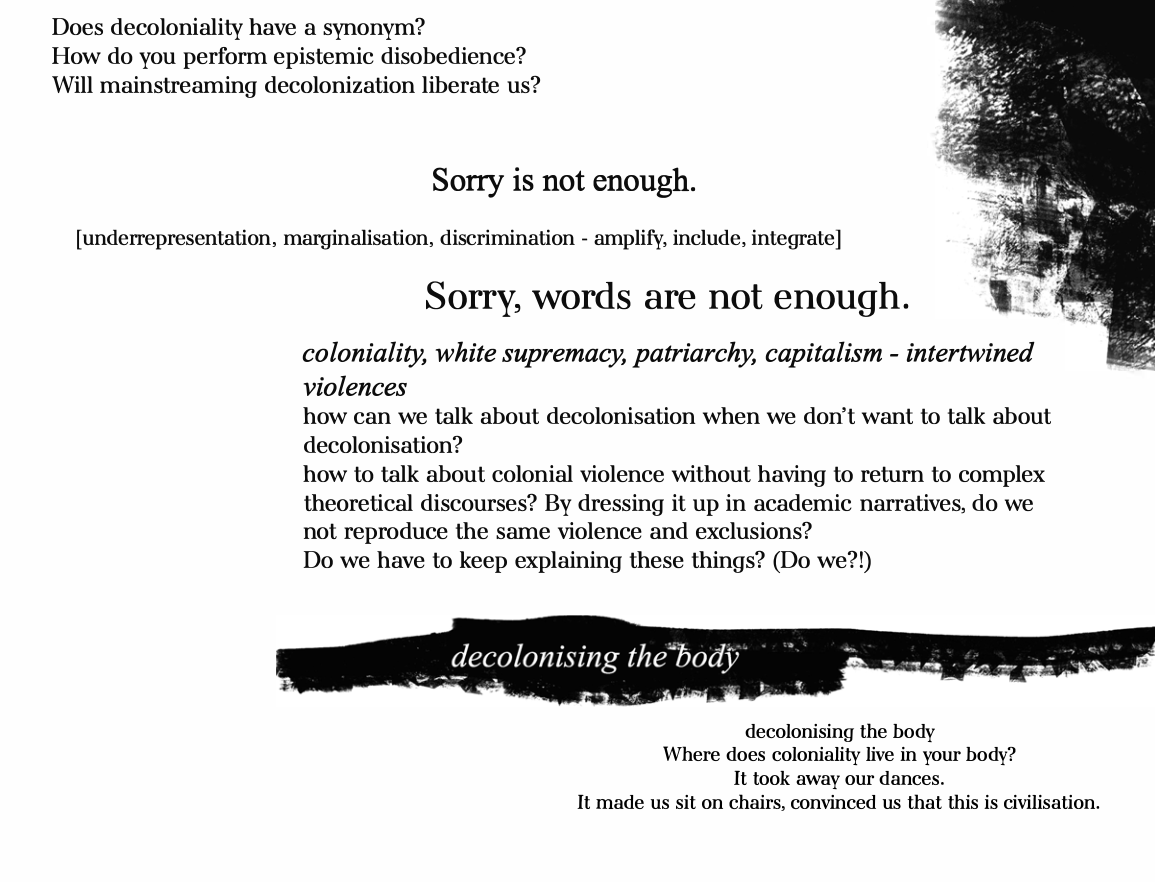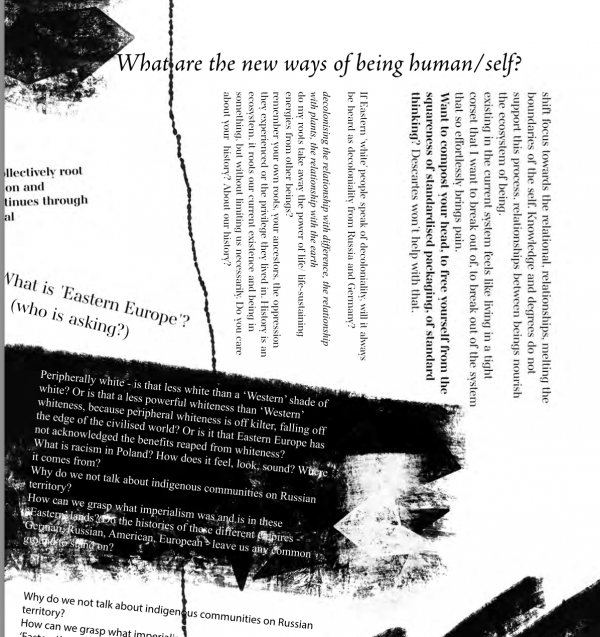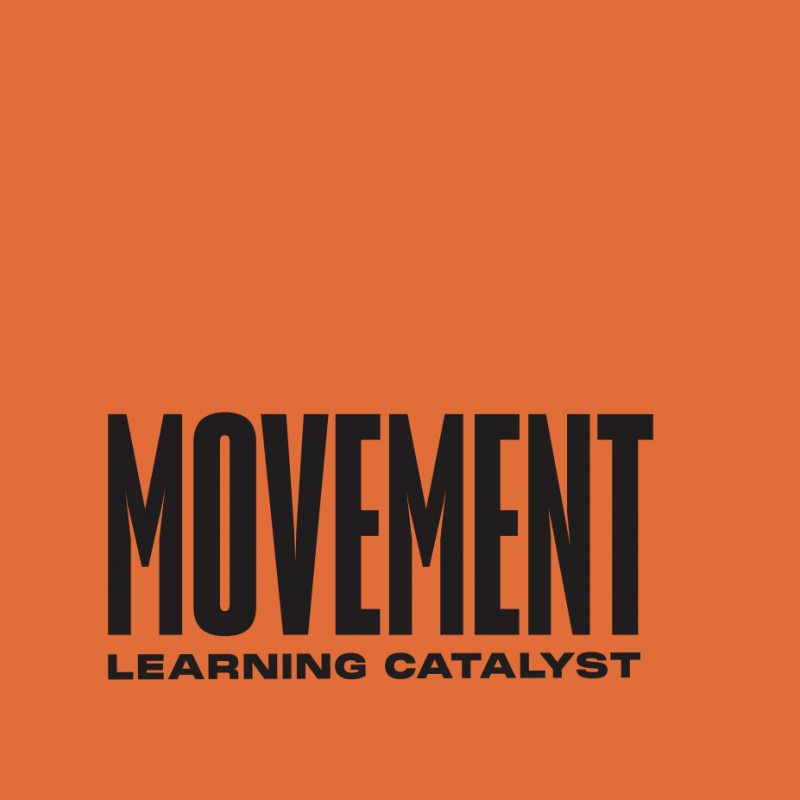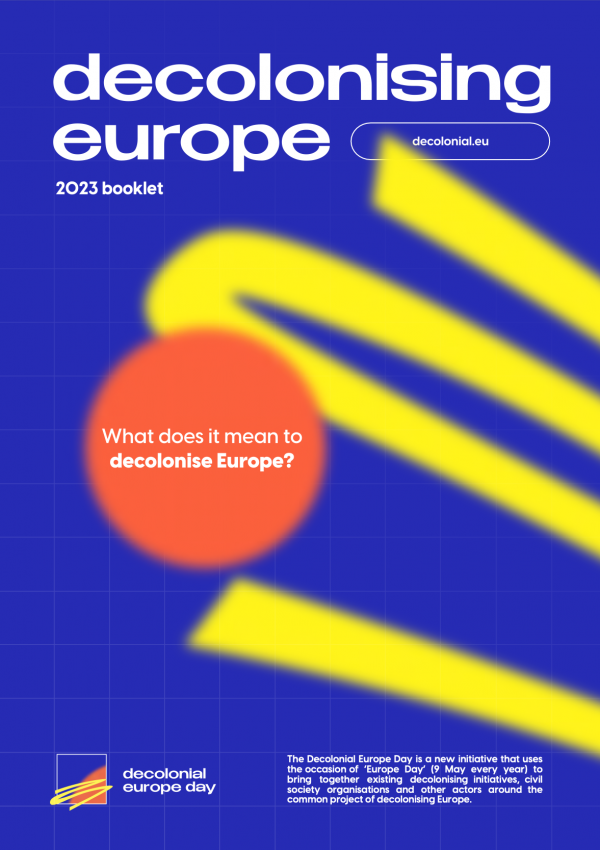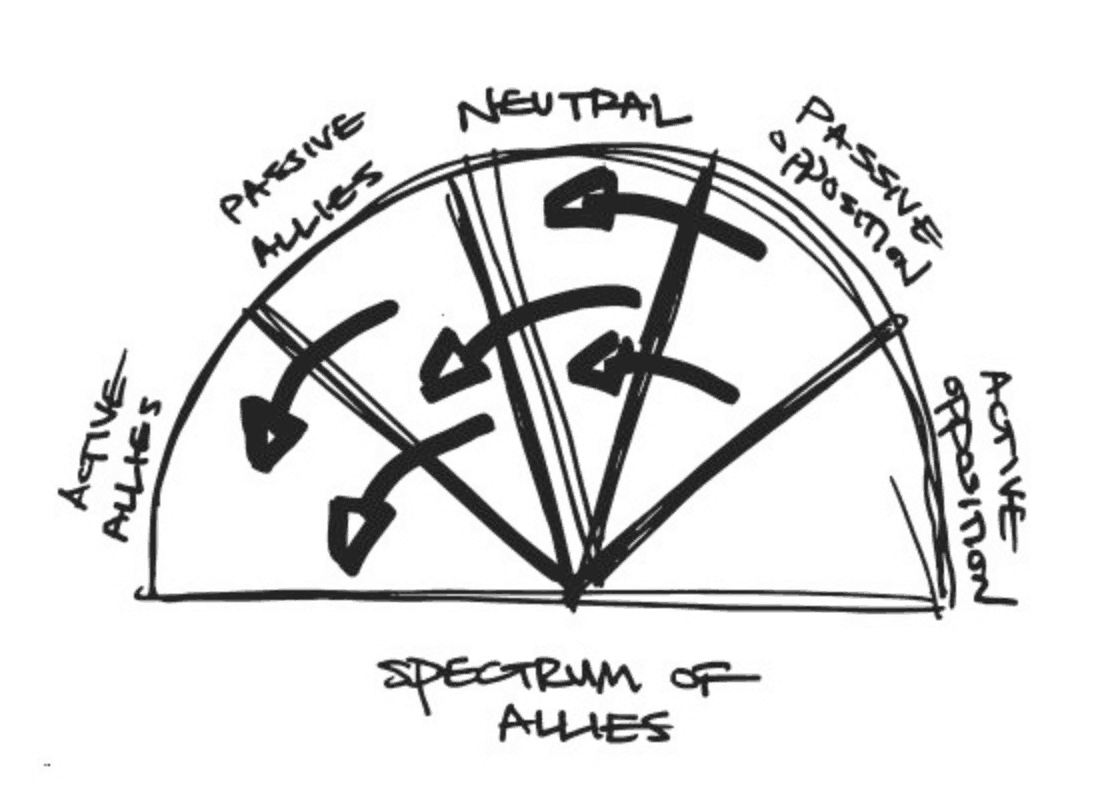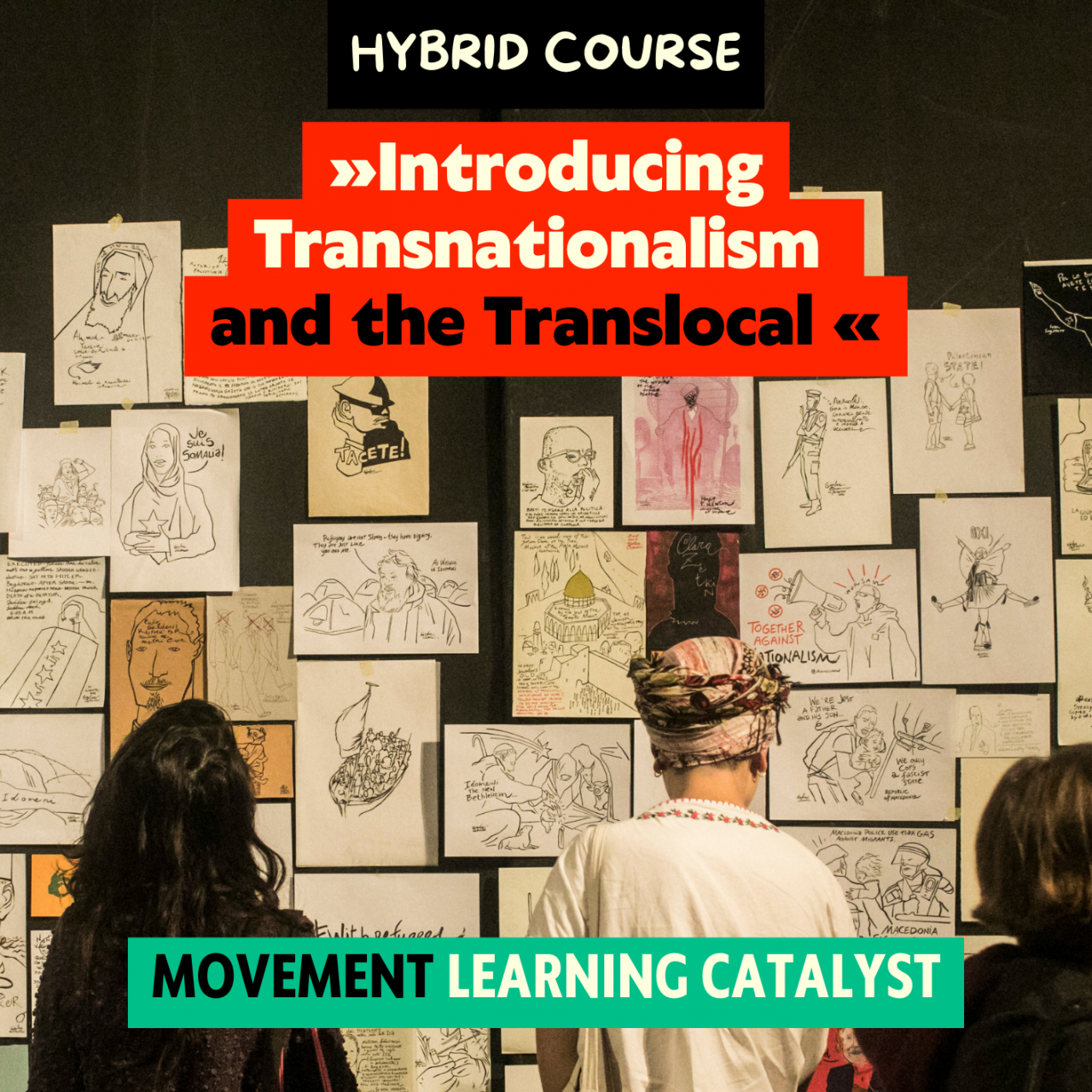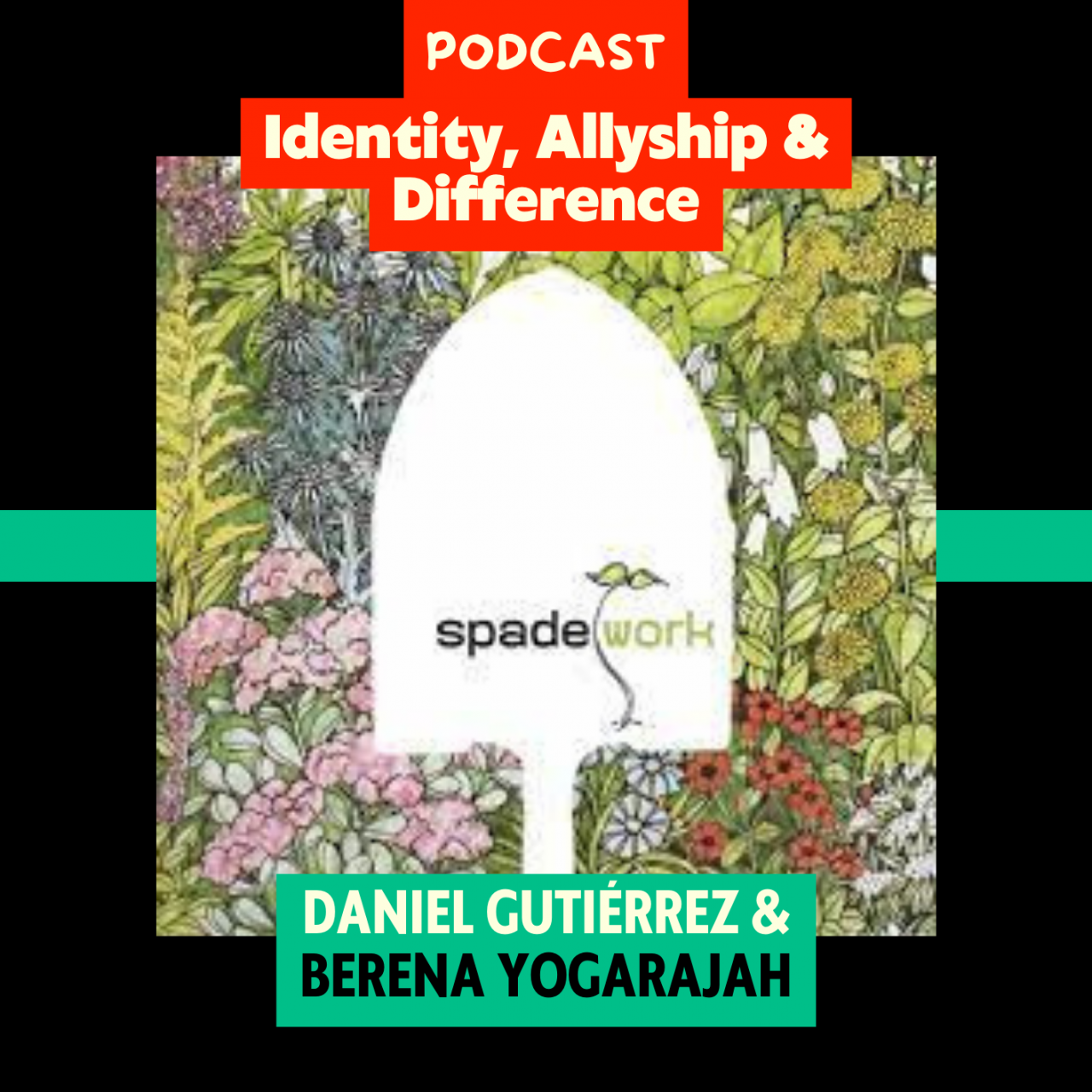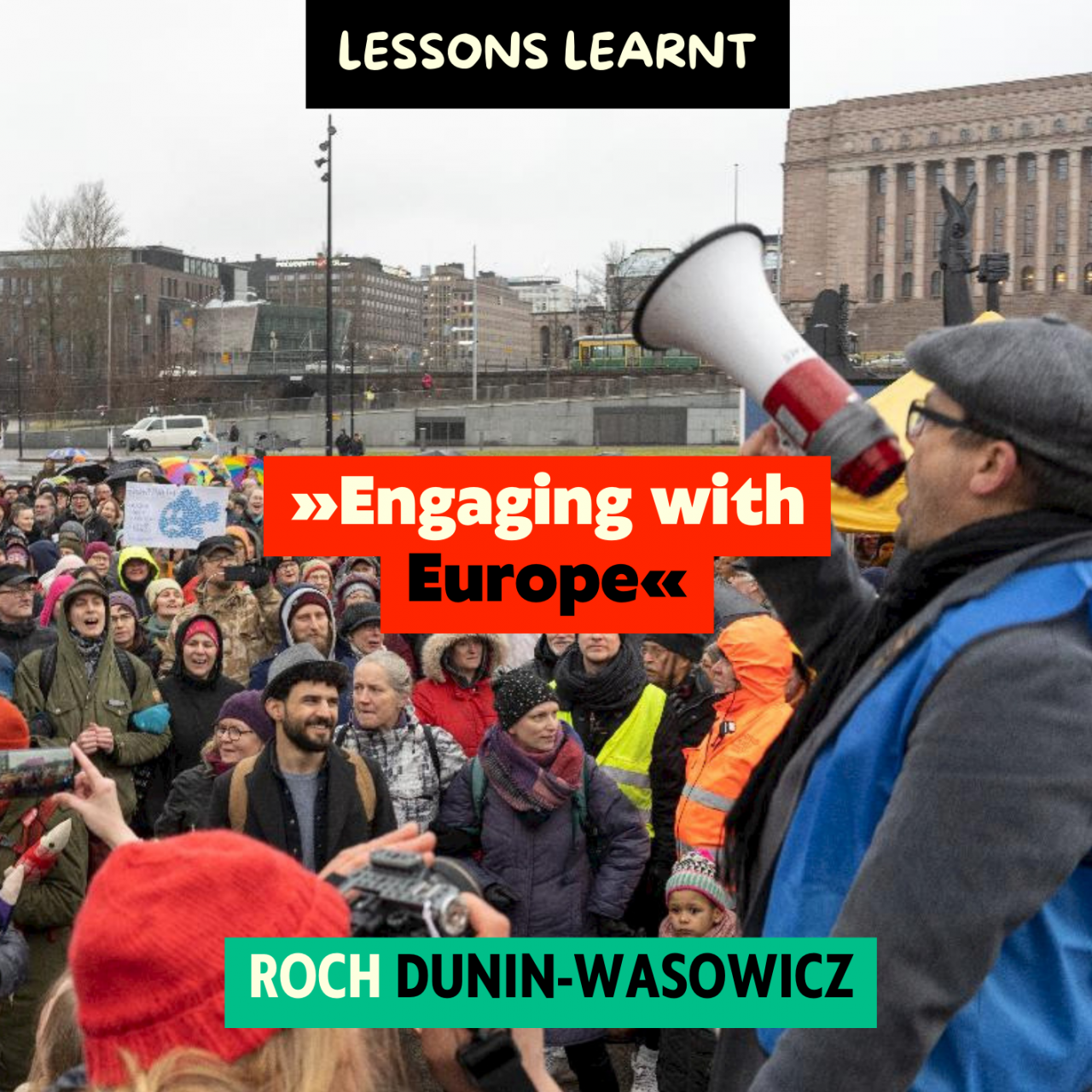3. Create
Today, we invite you to engage in the activity: Translocalise your Spectrum of Allies
The Spectrum of Allies. Art: Josh Kahn - from the Commons Library
The Spectrum of Allies
The Spectrum of Allies is a useful tool for various occasions. It can help you to assess who your allies are and where you should place most energy to mobilize or organize certain constituencies. While it can be of interest to identify who your enemies are, the main purpose of this exercise is to dive deeper into understanding your allies.
How does it work?
Draw a half circle on paper and divide it into five segments with the abovementioned names. Add in groups that are active in your locality and surroundings. Be specific! The more specific you are, the more this tool will serve you. Think about different types of actors: from more institutional ones, to legal ones, community groups or even powerful individuals and gatekeepers. Place them on your spectrum. Take a step back from your drawing to think: who am I missing here?
Now, look and analyse at the Spectrum of Allies:
- Who is involved in decolonising efforts in your locality?
- What is your role?
- Do you have any practical experience with decolonial organizing?
- What are the opportunities and obstacles to practical decolonial organizing in your locality?
Take a step back again and think beyond your locality:
- How can we organize across localities/ what are good practices to collaborate across b(orders)?
- Who are the actors in here that operate transnationally or translocally, how and why?
We would love to get a glimpse of your spectrum exercise and exchange about it online. Feel free to share it with info@euroalter.com and we will hopefully share some insights in the next edition.
Moving forward
An exciting week to reflect deeper on what it means to decolonise. We hope you were with us for the insights and the moments of silence and contemplation. We are looking forward to diving even deeper next week into what it means to decolonise and how to connect struggle from the grassroots to the institutional level.
Stay tuned for the newsletter next week and keep up what you are doing!
